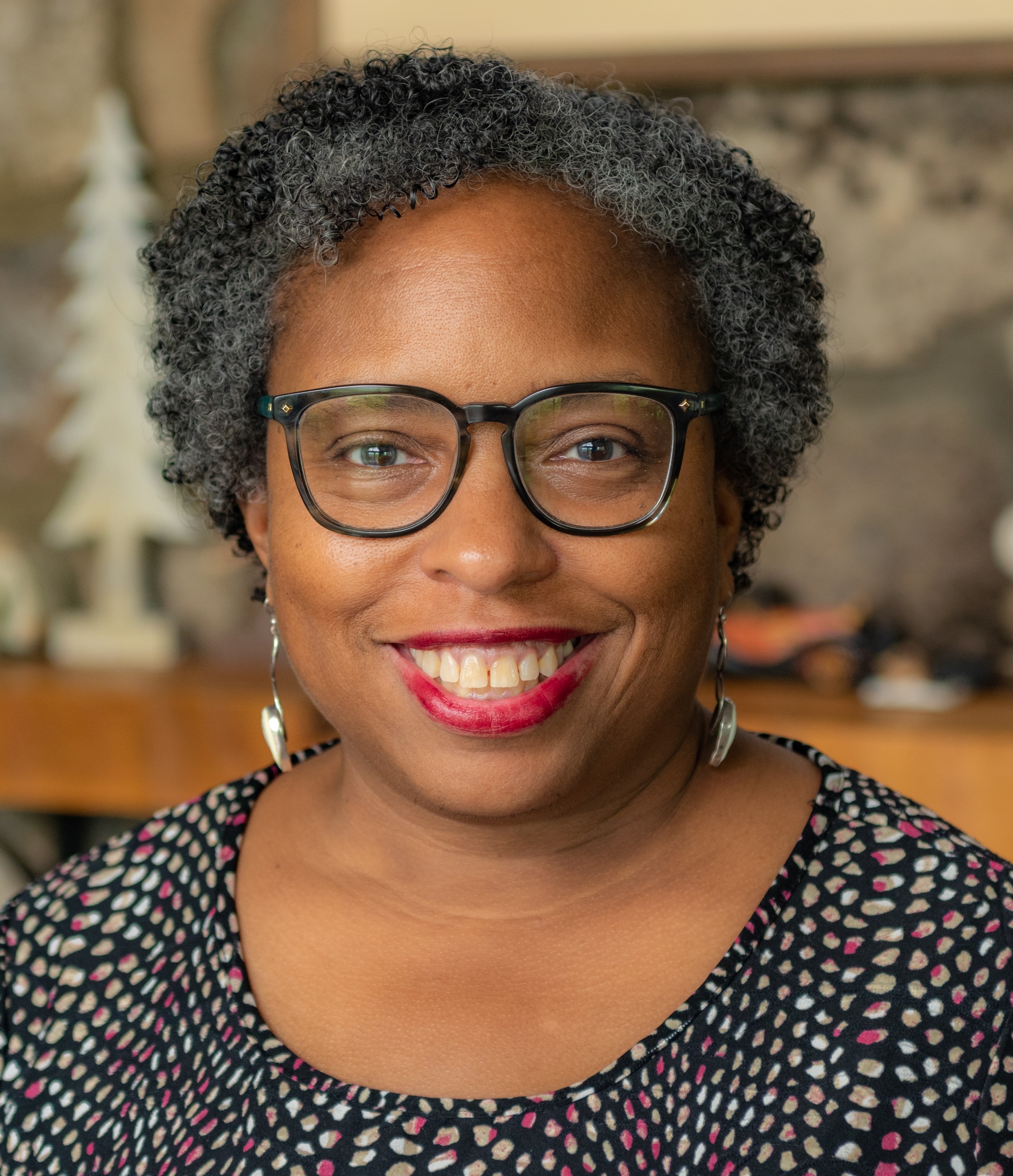Dr. Kimberlee Wyche-Etheridge, ASTHO’s Senior Vice President of Health Equity and Diversity Initiatives, and Dr. Arthur James, a retired OB/GYN and pediatrician, examine the steps required to achieve health equity in a webinar to recognize this...
Dr. Kimberlee Wyche-Etheridge, ASTHO’s Senior Vice President of Health Equity and Diversity Initiatives, and Dr. Arthur James, a retired OB/GYN and pediatrician, examine the steps required to achieve health equity in a webinar to recognize this weekend’s Juneteenth holiday.
ASTHO Webpage: Health Equity & Social Determinants of Health Resources
ROBERT JOHNSON:
This is Public Health Review Morning Edition for Friday, June 17, 2022. I'm Robert Johnson.
Now, today's news from the Association of State and Territorial Health Officials.
KIMBERLEE WYCHE-ETHERIDGE:
A lot of people aren't aware that the roots of public health are in social justice.
JOHNSON:
That's Dr. Kimberlee Wyche-Etheridge on an ASTHO webinar Thursday addressing the impact of racism on health equity as part of a discussion about this weekend's Juneteenth holiday.
Joining her was retired OB-GYN and pediatrician Dr. Arthur James.
ARTHUR JAMES:
According to the American Public Health Association, social justice is the view that everyone deserves equal rights and opportunities. This includes the right to good health.
Yet today there are these inequities in health that are avoidable, unnecessary, and unjust. We see it in terms of a decreased life expectancy amongst communities of color.
JOHNSON:
James says it'll take some work to achieve true health equity.
JAMES:
First off, to respect individuals and populations, all individuals and populations, the same. The second is that we're going to need to identify and rectify past injustices. And third, we're going to have to apply resources based on a particular group or a particular population's need.
We're a long way from that in this country, but it's a direction that I hope we're moving in.
JOHNSON:
He says the social determinants are a significant development in the fight for equity and an important part of the solution.
JAMES:
I think this whole development of the significance of the social determinants of health and their influence on our overall health so that we know that if we improve those determinants, that we significantly improve the opportunity to achieving good health. And we have not embraced that to the extent that it should be embraced.
JOHNSON:
Dr. Wyche-Etheridge challenged the audience to engage the opportunity beyond this weekend's Juneteenth observation.
WYCHE-ETHERIDGE:
Take action that demonstrates steps towards healing relationships and achieving health equity among the Black community and other historically marginalized groups.
Review your work and confirm you're promoting community engagement by intentionally including input from diverse members that are members that reflects historically marginalized groups—not to us without us.
Go to trainings and do research to increase your knowledge about implementing health equity-focused policies. And learn more truth history and apply that knowledge to your work.
JOHNSON:
The woman who led the charge to create the Juneteenth holiday, Opal Lee, joined the group in recorded remarks. Her comments ignited the audience in the webinar chat—without a doubt, a key moment in the discussion. Unfortunately, due to the terms of her appearance, we are unable to share those highlights.
That'll do it for today's newscast. We're off Monday for the Juneteenth holiday, but we're back Tuesday with more ASTHO news and information.
I'm Robert Johnson. You're listening to Public Health Review Morning Edition. Have a great holiday weekend.





